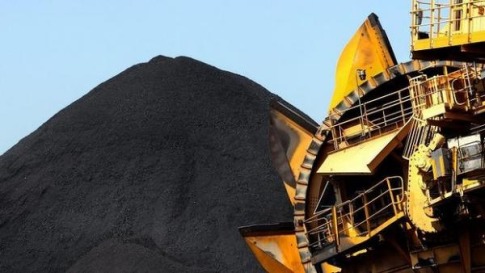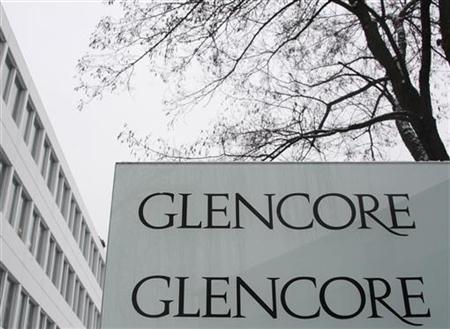– Depression-Level Collapse In Demand: In Historic First, Glencore Shuts Coal Mines For 3 Weeks (ZeroHedge, Nov 14, 2014):
In a historic move showing just how profound the collapse in global commodity demand and trade is, earlier today the Sydney Morning Herald reported that Australia’s biggest coal exporter Glencore, which last year concluded its merger with miner Xstrata creating the world’s fourth largest mining company and world’s biggest commodity trader, will suspend its Australian coal business for three weeks “in a move never before seen in the Australian market, to avoid pumping tonnes into a heavily oversupplied market at depressed prices.” Putting this shocking move in context, it is something that was avoided even during the depths of the global depression in the aftermath of Lehman’s collapse, and takes place at a time when the punditry will have you believe that the US will decouple from the rest of the world and grow at 3% in the current quarter and in 2015.
…

